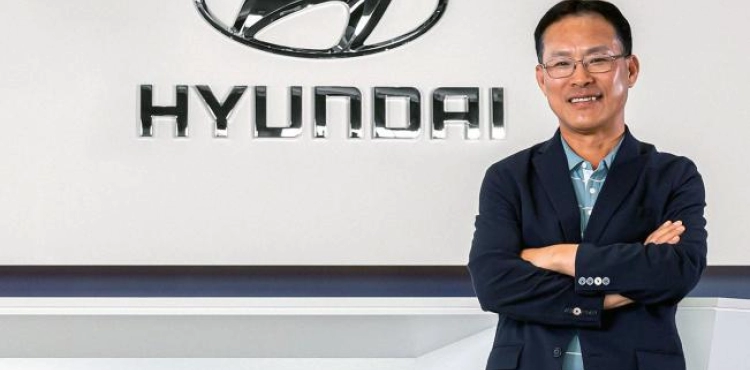By Bang Sun Jeong, Vice President of Hyundai Middle East and Africa.
When we think about the future of cars, vehicles equipped with health care systems are not the first thing that comes to mind. Talk about self-driving cars and shared mobility and electric cars has become widespread in recent times as it will change our mode of transportation in the next few years.
The technological revolution that we are witnessing is radically changing how cars are manufactured and how they are driven, as well as how they operate and the new services they provide. But what if these vehicles are also provided with the necessary tools that enable them to read the driver´s mind and monitor health alerts such as drowsiness? In other words, the vehicle is able to track the driver’s condition and respond to emergencies.
The cars we drive at the moment are not able to know your medical condition, or if you feel sleepy or are experiencing stress for example, but that will definitely change to become a real reality thanks to the acceleration of technology progress.
The investment will develop driver health monitoring technologies by strengthening the auto and healthcare industries. And the integrated health care systems in the car and through careful planning and cooperation with institutions and other bodies, can help reduce the number of road deaths thanks to its ability to recognize the health status of the driver and link its data to the vehicle system to maintain the highest levels of safe driving.
Hyundai Motor Group is working to keep pace with these rapid changes in the auto manufacturing sector and to adopt these innovative technologies and employ them to improve the effectiveness of the vehicles we manufacture. We work with many international companies specializing in global information and communications technology by investing in startups to promote the development of technologies and innovations in this field, including AI deep glint technology to identify the driver’s condition and draw a 3D image of his condition analysis While driving.
We are also working on developing other aspects such as collecting vital information through remote sensing devices without contact and contact, which can help in detecting driver movements and the presence of any levels of fatigue or abnormal movements.
We have developed a Driver Status Monitoring System (DSM) that will be able to help prevent road deaths by issuing alerts if the driver is drowsy. Our other plans include developing a custom vehicle that can serve as a self-driving vehicle and can be used as a mobile clinic.
Hyundai has also launched a new mobility concept that can be applied in healthcare while participating in this year´s CES, a specially designed Purpose built vehicle. The PBV project is an advanced self-driving mobility solution that can be employed in various formats and can act as a “mobile clinic”. In the future, we may be able to receive emergency treatment in a mobile clinic, not in an ambulance with minimal equipment.
The Mobility Transfer Hub is the main focus of this project, as it includes a docking station that can be connected to cars and can be used in several ways. Since it does not come with a single model, it can also be used to provide health services as needed, and this thus contributes to opening new horizons for treating patients in a mobile car at any time and place.
It is still too early to see vehicles with connected healthcare systems on the road, and we have a lot of work to do and development, but it is another step forward which is an opportunity Hyundai enjoys.
These compounds equipped with health systems are no longer an option in light of the urgent need to focus on promoting the health and well-being of people, but rather an urgent necessity that can help protect our health and improve the quality of our lives. And most importantly, it will bring about a major transformation in this sector.
About Hyundai Motor:
Hyundai Motor Company was established in the year 1967, and it is committed to becoming a lifelong partner in the automotive field and more, with its distinctive car collection, transportation services and solutions reaching more than 200 countries around the world. The company has sold 4.5 million vehicles globally. Hyundai Motor continues to enhance its product range by designing its vehicles and manufacturing them according to the characteristics of the local markets, through a team of more than 110,000 employees around the world, and it seeks to strengthen its leadership in the field of clean technology, through the production of cars such as "Nexo", which is The world´s first hydrogen SUV.












